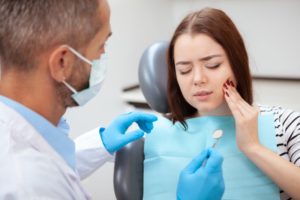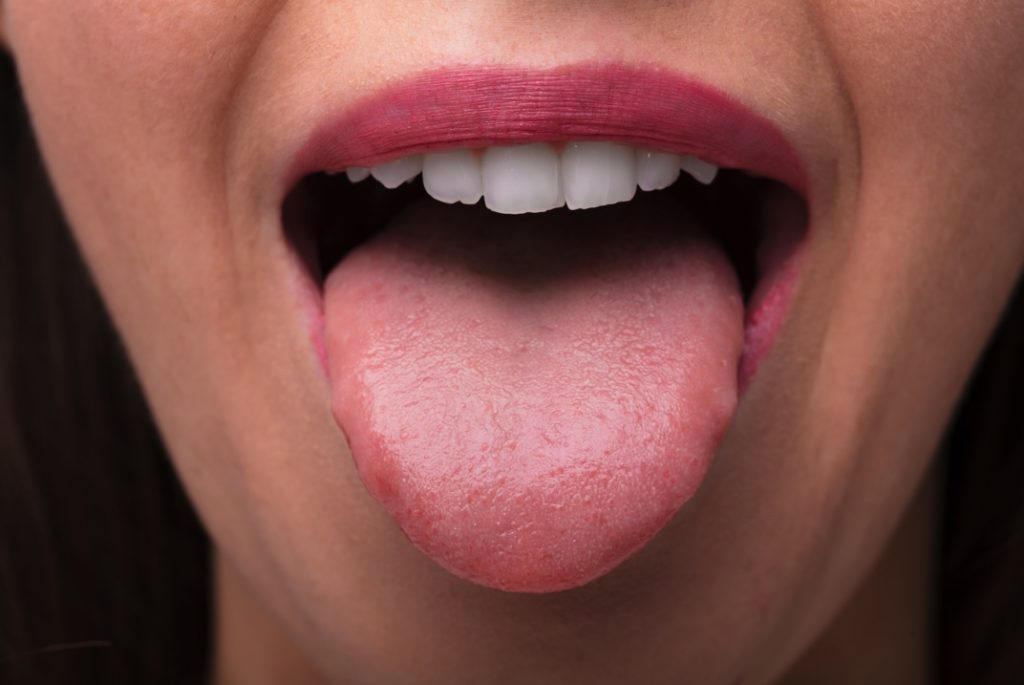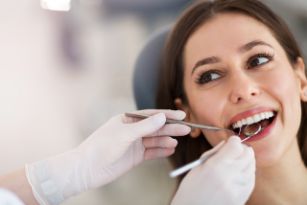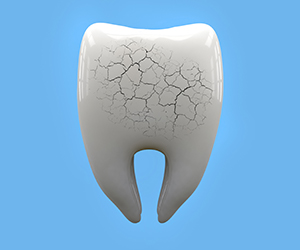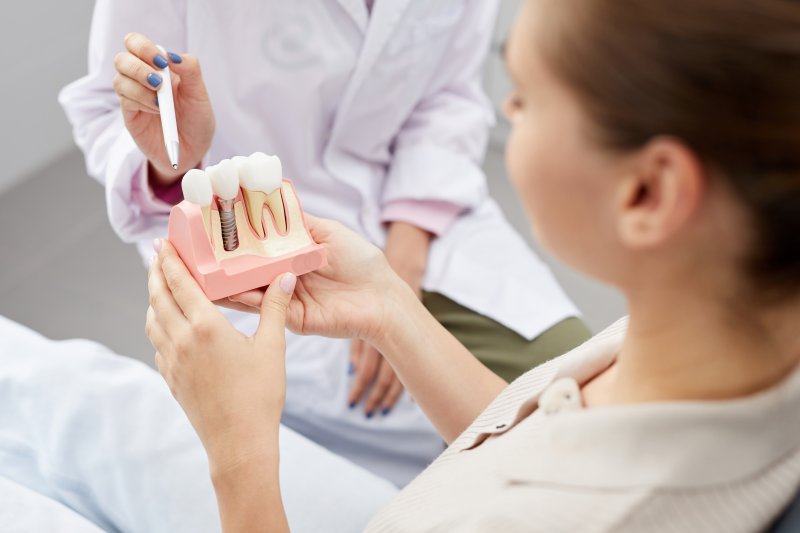
Are you missing one or more teeth? You’re certainly not alone. In fact, over 120 million Americans are missing at least one permanent tooth. Fortunately, state-of-the-art dental implants in Cary are more than capable of filling the gaps in your smile. If you are considering this life-like, long-lasting, extremely durable tooth replacement option, then you may have one important question on your mind, “How many do I need?” Read on for the answer!
(more…)

